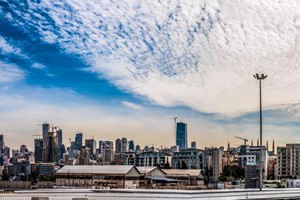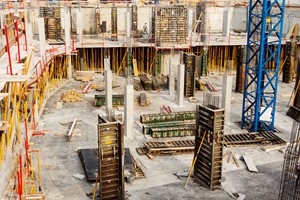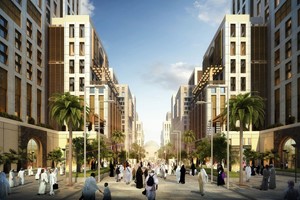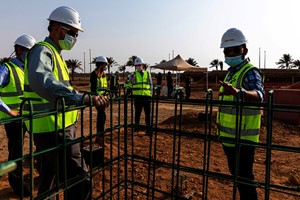The value of real estate sales kicked off the year with an increase of 8.8 percent year-on-year (yoy) to USD571 mn. Construction permits, a leading indicator of construction activity, grew by 4.8 percent yoy to 1,175 in January covering 832,317 m2, 1 percent more than in the same period in 2016. Lebanon's gross public debt already hit a record USD75 bn at the end of 2016, an increase of USD4.6bn during the year. Growth in the public debt has outpaced economic growth in each of the past three years, lifting the debt-to-GDP ratio to 144 percent, according to estimates by the IMF. Lebanon's real estate sector showed an improvement in the first nine months of 2016 though with the value of transactions reaching USD6 bn during January-September 2016 growing by a yearly 4.6 percent from the same period a year earlier, Bank Med Research announced. The volume of real estate transactions increased by a yearly 1.2 percent from the aforementioned period to reach 45,848 in January-September 2016. A closer look on the real estate demand by region reveals that Beirut witnessed the highest yearly growth in volume of real estate transactions of 11.4 percent to reach 2,605 transactions in the period January-September 2016. Construction permits reached 9 million m2 in that period, slightly declining by a yearly 2.8 percent. Cement deliveries posted a yearly 7.1 percent rise to reach 3.8 million tons over the same period. The absence of speculation kept real estate prices generally stable. The World Bank Group earmarked a sum of USD200 million for upgrading Lebanon's road network, an impediment to urban-rural development and equitable economic growth. The funds will be used to repair around 500 kilometers of roads in the first phase of a broader government plan to revamp the country's crumbling road sector especially with the presence of more than 1.5 million Syrian refugees, which has put unprecedented pressure on Lebanon's already strained infrastructure. The government is investing in the road sector and announced a five-year, USD510 million project that will help the government mobilize other international development partners to provide additional funding, said the World Bank Group. The first phase of the plan has four key objectives: i) the rehabilitation and maintenance of existing road networks; ii) the improvement of road safety systems; iii) the purchase of equipment for emergency road works; and iv) the capacity building to improve management and efficiency in the sector. The project will include a survey of up to 6,000 kilometers of primary, secondary, and tertiary roads in all Lebanese regions to identify those in most need for rehabilitation.


Country Reports - Lebanon
Lebanon's 2017 Real Estate Sector:
Builds on Positive Sentiment
April 2017
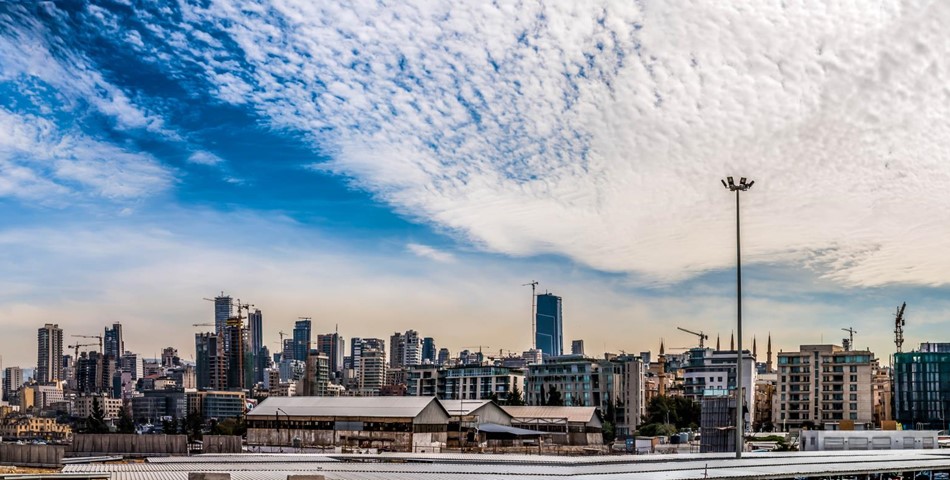
The Lebanese economy started 2017 on its strongest footing in many years, SGBL research said. Commercial banks are starting the new year having accumulated an additional USD10.9 bn in private sector deposits the year before, 79 percent of which in foreign currency. The consensus among Lebanese economists is for growth to more than double to 2.5 percent in 2017, according to 17 Lebanese economists surveyed by Economena Analytics in January, ahead of the International Monetary Fund's (IMF) forecast of 2 percent. Even real estate and construction, which had weighed negatively on economists' outlook in early 2016, are now seen contributing positively to economic growth in 2017.



